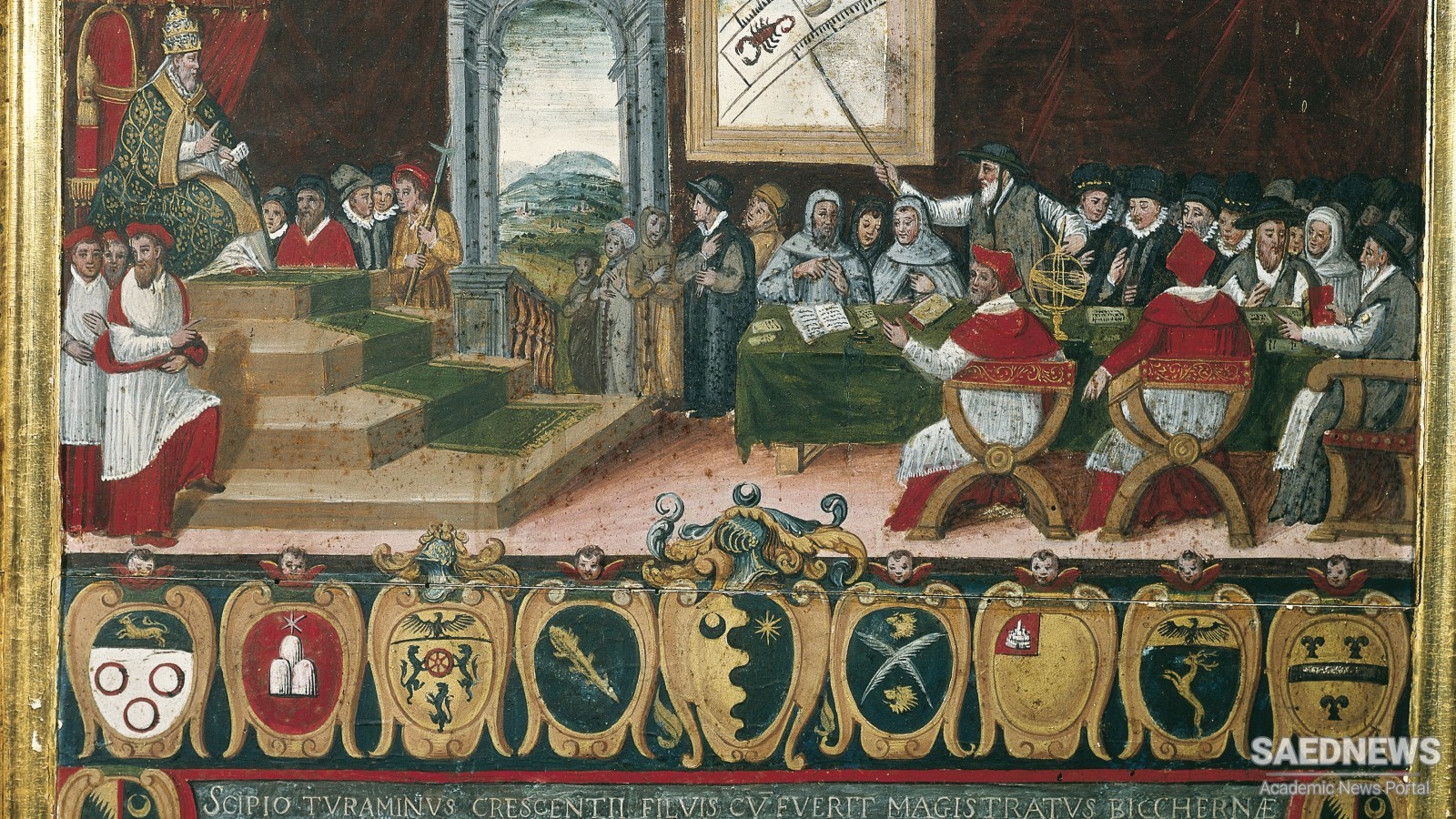In the 1520s official attitudes towards the activities and institutions of traditional Catholicism were still essentially supportive. The seven sacraments and a wide range of additional ceremqnies, as well as prayers and masses on behalf of the dead, the invocation of saints, and the veneration of images and relics, all continued to enjoy official approbation. So, in most respects, did the papacy, the secular clergy, the monastic orders, the parish churches and the religious guilds. In 1521 Henry VIII indeed received from the pope the title of Defender of the Faith.
From 1529, however, a complex of financial, political and personal factors combined with the influence of Cromwell and Cranmer to substantially modify this official support. An increasingly hostile attitude to the papacy, which in 1532-3 produced Acts against its revenue and jurisdiction, culminated in the Act declaring royal supremacy over the national Church in 1534. This was followed in 1536-9 by the governmental suppression of all monastic houses. Meanwhile the privileges of the secular clergy were eroded, particularly by the limitation of probate and mortuary fees in 1529, and its status as the prime provider of religious knowledge was implicitly undermined by the legitimization of the English Bible in 1538.
Important practices were also attacked. The founding of chantries was restricted in 1529, and the confiscation of their property threatened by a statute of 1545. Saints' days were reduced in 1536. The royal injunctions of 1536 and 1538 prohibited pilgrimage, relic veneration, and offering to images. Despite the theologically conservative Six Articles of 1539, and the intermittent persecution of Lollards and Protestants, the reign of Henry VIII thus witnessed an unmistakable change in governmental attitudes towards vital components of the traditional religion.


 Puppet Government under British Pressure
Puppet Government under British Pressure














































